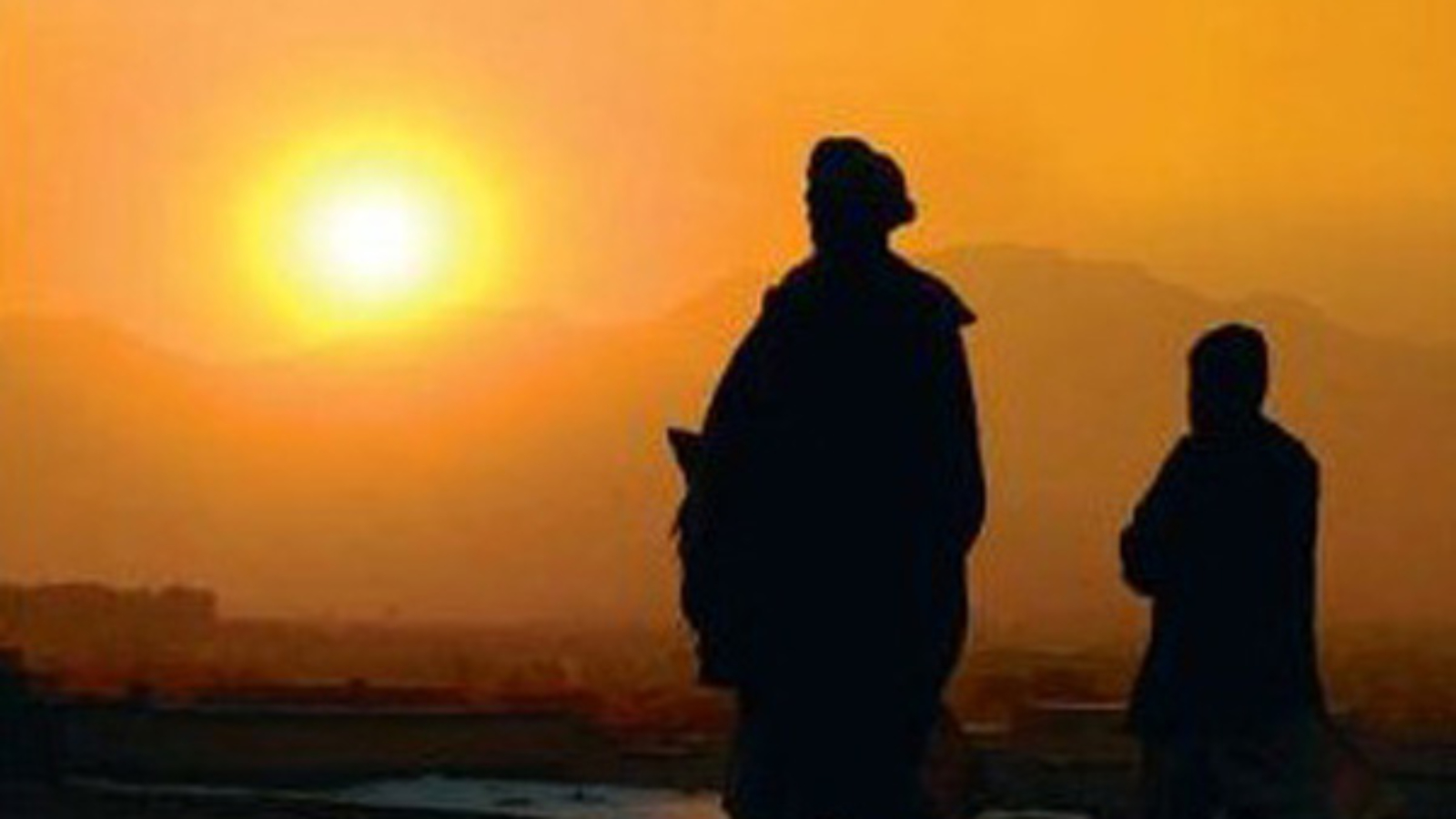By Matt Kane
In Pakistan, there is a region called Waziristan in the northwest, mountainous portion of the country that borders Afghanistan. Part of the Federally Administered Tribal Area [FATA], a lawless region considered separate from the rest of Pakistan, the area is essentially a Taliban mini-state, according to New York Times reporter David Rohde. In late 2008, Rohde was taken hostage in the region by the Taliban, and held for seven months and 10 days, along with an Afghan driver named Asad Mangal and an Afghan journalist named Tahir Luddin. During this time, he and his fellow prisoners were moved around North and South Waziristan at the whim of their Taliban captors. During his captivity he learned much about the Afghan Taliban, the Pakistani Taliban, the Haqqani network, the Pakistani Army and the disturbing conditions in which they all exist.
At a World Policy Institute Political Salon held last week, Rohde told his story, which is the subject of his recent book A Rope and a Prayer: A Kidnapping From Two Sides, co-authored with his wife, Kristen Mulvihill. His ordeal began with plans to interview Taliban commander Abu Tayeb about an hour outside of Kabul, Afghanistan. On their way to the interview, Rohde, Mangal and Luddin were kidnapped at gunpoint by Tayeb’s men and brought across the border into Pakistan. Rohde was amazed at the logistical prowess of the Taliban. He was transported across five Afghan provinces—Logar, Wardak, Ghazni, Paktia and Paktika—seamlessly. In each province the prisoners were met by Taliban who helped to organize their journey into Pakistan. During this time, he never saw any evidence of American or Afghan forces.
The biggest surprise Rohde faced awaited him in Pakistan. Upon crossing the border, he realized that the Taliban—aided by the Haqqani network—had created an essentially autonomous mini-state within the FATA, in which they held the upper hand over the Pakistani Army. Badruddin Haqqani, the younger brother of Haqqani network leader Siraj Haqqani, acted as Rohde’s jailer in Pakistan. Rohde believes that the Haqqani network was intimately involved in his kidnapping. Badruddin seemed to rule over North Waziristan with impunity, even waving to Pakistan Army convoys as they passed his vehicle in the street.
Though baffled by the Pakistani Army’s inability to apprehend such a dangerous individual, Rohde can see why Islamabad might be less interested in the Haqqani network and the Afghan Taliban than the Pakistani Taliban in South Waziristan. While the militants in North Waziristan typically carry out their deadly attacks in Afghanistan, militants in South Waziristan tend to attack targets within Pakistan. Rohde pointed out that when he finally escaped and was questioned by Pakistani forces in North Waziristan, their questions centered around Pakistani Taliban commander Baitullah Mehsud, not Badruddin Haqqani and his other captors.
But Rohde’s experience in the region casts doubt on the Pakistan Army’s seeming belief that the two Taliban factions pose separate threats. Fearing further drone strikes, Rohde’s captors moved him from North Waziristan to South Waziristan, a Mehsud stronghold. He saw what he described as “seamless cooperation” between the two Taliban factions, with “the Haqqani guards living with us as they had in North Waziristan [while] the area security was provided by Baitullah Mehsud’s people.”
As any good reporter would, Rohde wonders why the Pakistan Army would seemingly allow someone like Badruddin Haqqani to operate unimpeded in North Waziristan while his network allies with the Afghan Taliban to kill American troops — especially when the United States is providing Islamabad with billions of dollars in military aid per year. The Obama administration has pushed Islamabad to do more in Waziristan, only to be rebuffed. Rohde believes that while these safe havens continue to exist, any type of surge in Afghanistan will fail.
So the question remains: why would Pakistan not want to control Waziristan? Rohde believes it has more to do with Pakistan’s eastern neighbor, India, than it does with its western neighbor Afghanistan. Citing a State Department cable published by WikiLeaks, Rohde argues that Pakistani ambivalence towards Haqqani and Afghan Taliban forces is driven by a paranoia about India. Islamabad is so worried that India is gaining more and more power in Afghanistan that it is willing to risk its relationship with Washington in order to allow Taliban forces—which Pakistan sees as an anti-India proxy force—to wreak havoc in Afghanistan.
Rohde believes that the Obama administration has erred in giving Islamabad more military aid in the hopes that it will come around. He believes that Obama should threaten to cut off aid to the country until it deals with its militancy problem. But when he raised that idea with an American official, he was quickly dismissed, because Washington fears that this type of move could end the Pakistani military's cooperation in allowing American drone strikes in that region. “They have us, in a sense, over a barrel,” Rohde explained.
Obviously Waziristan is not the only moving part in the war in Afghanistan. Rohde suggests the U.S. should focus on helping to foster a moderate middle class, encouraging regional development, and committing to long-term projects — rather than providing massive infusions of cash over a short period. The root of many problems in Afghanistan, however, stem from this Taliban mini-state in Pakistan. Dismantling it would remove a major obstacle to stability and development in the region.
Matt Kane is an editorial assistant at World Policy Journal. He also writes for the Huffington Post and the Periscope Post while maintaining his own blog, The Second Age.
